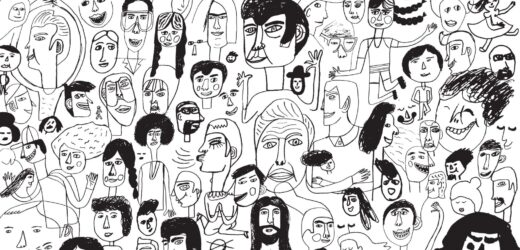“Response shows a complete lack of understanding.”
“Piece had no style or voice.”
“Position is incoherent.”
“Thesis is utterly incompetent.”
“Weak.”
“Ineffective.”
“Unsatisfactory.”
This is some of the discouraging feedback that we found in an interdisciplinary, cross-institutional survey of assessment rubrics that we collected from online sources and from classes taught on our own campus. There is no question that rubrics play an important role in effective teaching. As Wolf and Stevens (2007) observe, “Rubrics improve teaching, provide feedback to students, contribute to sound assessment, and are an important source of information for program improvement” (p. 3). To achieve all these goals effectively, however, rubrics need to be written with a sensitivity to the impact that aggressive and judgmental language can have on learners. The quasi-objective sheen and abstract universality of rubric terminology may invite educators to fill a rubric with language that they would be reluctant to use when giving individual feedback to a particular student. But for a student receiving feedback from a rubric, the message that some aspect of their writing and thinking is “utterly incompetent” must necessarily feel like a personal criticism. Because it explicates qualities associated with student outcomes on both sides of the continuum from “good” to “bad,” the rubric format requires educators to articulate negative qualities in a hypothetical piece of student work. In a representative article about rubrics, Ragupathi and Lee (2020) insist that students “need to understand what excellent work is and what poor work is” (p. 73), but applying an abstract description of “poor” work to the actual work of an individual student can have an objectifying effect, especially if those descriptions are written without sensitivity to their emotional tone and implications. Some students, for instance, will not only find “poor” insulting but equate it with socioeconomic stigma. It may sound like, “Your work is poor because you are poor.”
An Empathetic Approach to Writing Rubrics

Related Articles
I have two loves: teaching and learning. Although I love them for different reasons, I’ve been passionate about...
Could doodles, sketches, and stick figures help to keep the college reading apocalypse at bay?...
We’ve all faced it: the daunting stack of student work, each submission representing hours of potential grading. The...
Storytelling is one of the most powerful means of communication as it can captivate the audience, improving retention...
For some of us, it takes some time to get into the swing of summer. Some of us...
About a year ago, I decided to combine the ideas of a syllabus activity and a get-to-know-students activity....
The use of AI in higher education is growing, but many faculty members are still looking for ways...








